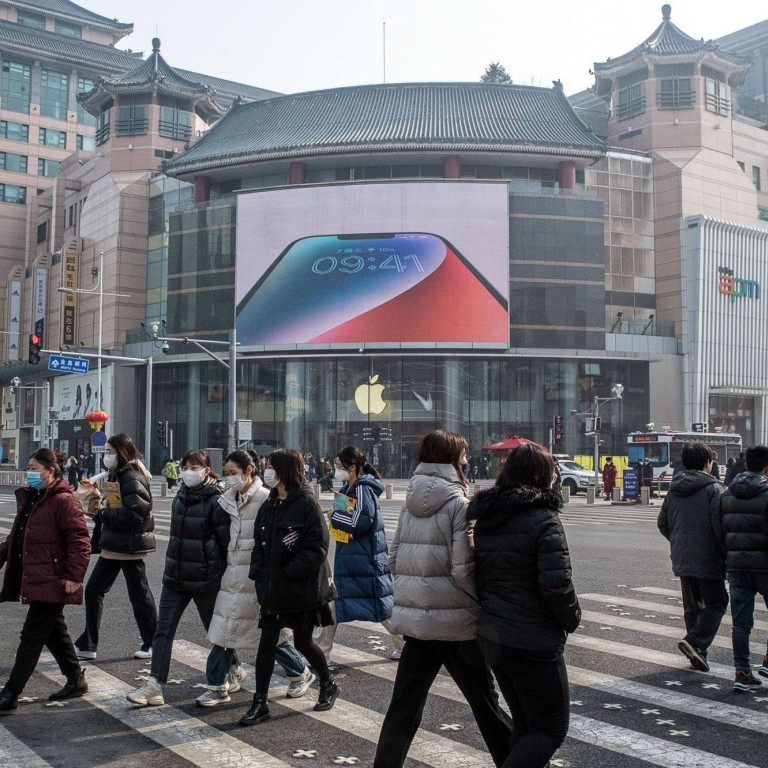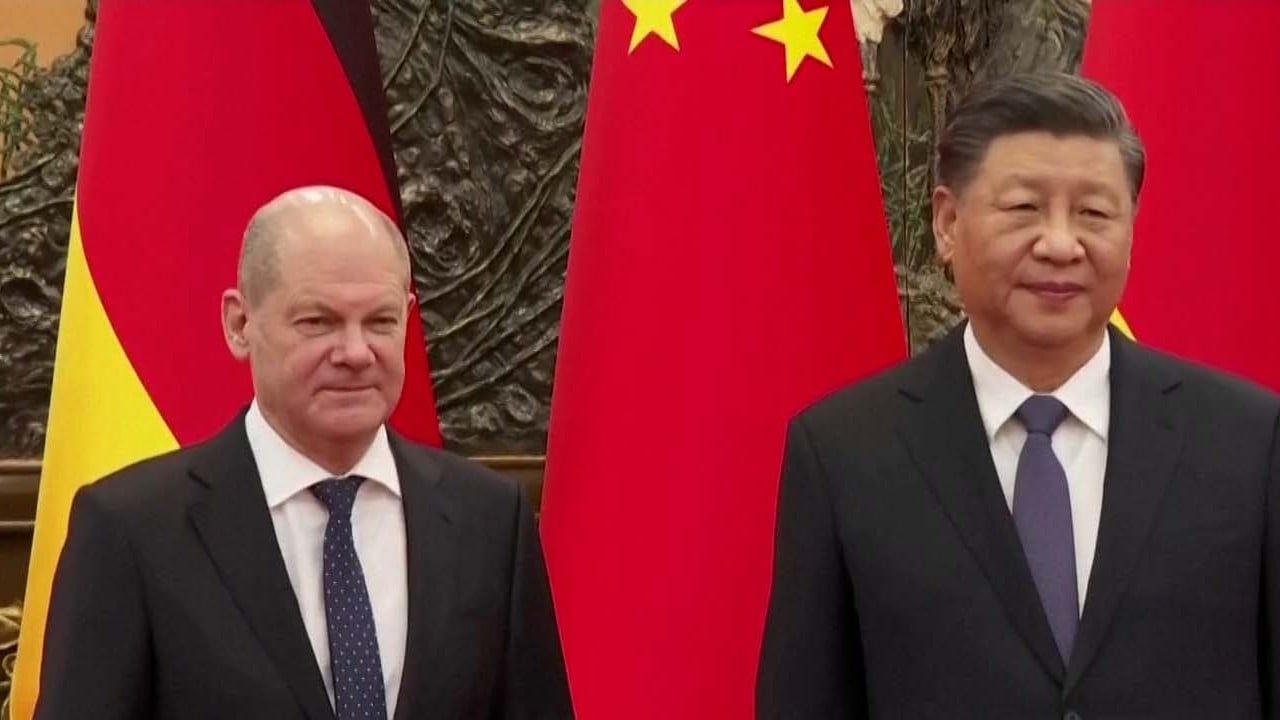
Decoupling? Cooling Western attitudes towards China leave MNCs treading water
- Foreign investment continues to grow and decoupling is not yet an inevitability but for most Western multinationals, the big decisions on China are on ice
Western multinationals have poured capital and technology into China over the last few decades. Many have achieved billions of dollars in sales, and surveys of the European and US chambers of commerce in China suggest that profits at their members’ China operations have, in many cases, exceeded results at home or in other markets.
The seeds for such performances were planted in the 1980s and in the initial years of the market opening after China entered the World Trade Organization in 2001. Foreign companies had first-mover advantage in bringing products and services into a country in which little demand had existed and where local competitors had limited technologies and management know-how.
There were plenty of operational problems to be solved, but older multinationals such as Unilever and Shell drew on their experiences in similar markets around the world. Over time, while Chinese companies gained market share or opened new businesses in the digital realm across many industries, growth across the board remained high for years.
Their positive attitude may be a short-term reaction to the sudden opening of the country at the end of last year, or a continued belief in analysts’ forecasts of exceptional market growth.
Yet the souring of Western attitudes towards China, a relatively new and unexpected phenomenon, have had a major impact on the leadership at multinationals.
As 2023 began, few headquarters are prepared to consider further expansion in China at their next investment committee meeting. Confidence must be restored first. Business loves predictability.
Shifting substantial operations to alternative locations is extremely difficult due to smaller local markets, a shortage of skilled workers and weaker ecosystems of suppliers and service providers.
In low-skilled and low value-added industries such as shoe and garment manufacturing, relocation from China to lower-cost countries like Bangladesh has been taking place over many years, and this may accelerate as multinationals avoid overdependency on China.
China’s loss is Southeast Asia’s gain as supply chains shift
The never-ending task of optimising supply chains now entails diversifying away from China. Whereas costs and logistics used to determine decisions, reliability and trade rules now dominate. Procurement centres have had to acquire legal and political expertise to navigate the changing geopolitical landscape.
Exiting China is not yet publicly discussed. Due to the economic and technological importance of the country and the growing presence of Chinese companies outside their home territory, any such move will have significant implications for a multinational corporation’s global market position. The fraught recent exit of Western multinationals from Russia, a much smaller economy than China, point to major strategic and operational challenges should multinationals also leave China.
In sum, for most Western multinationals, the big decisions on China are on ice. It will take more than a sudden end to zero-Covid lockdowns for that ice to melt.
Hellmut Schütte is Emeritus Professor of International Management, INSEAD (Singapore) and former Distinguished Professor and Dean at CEIBS (Shanghai)


